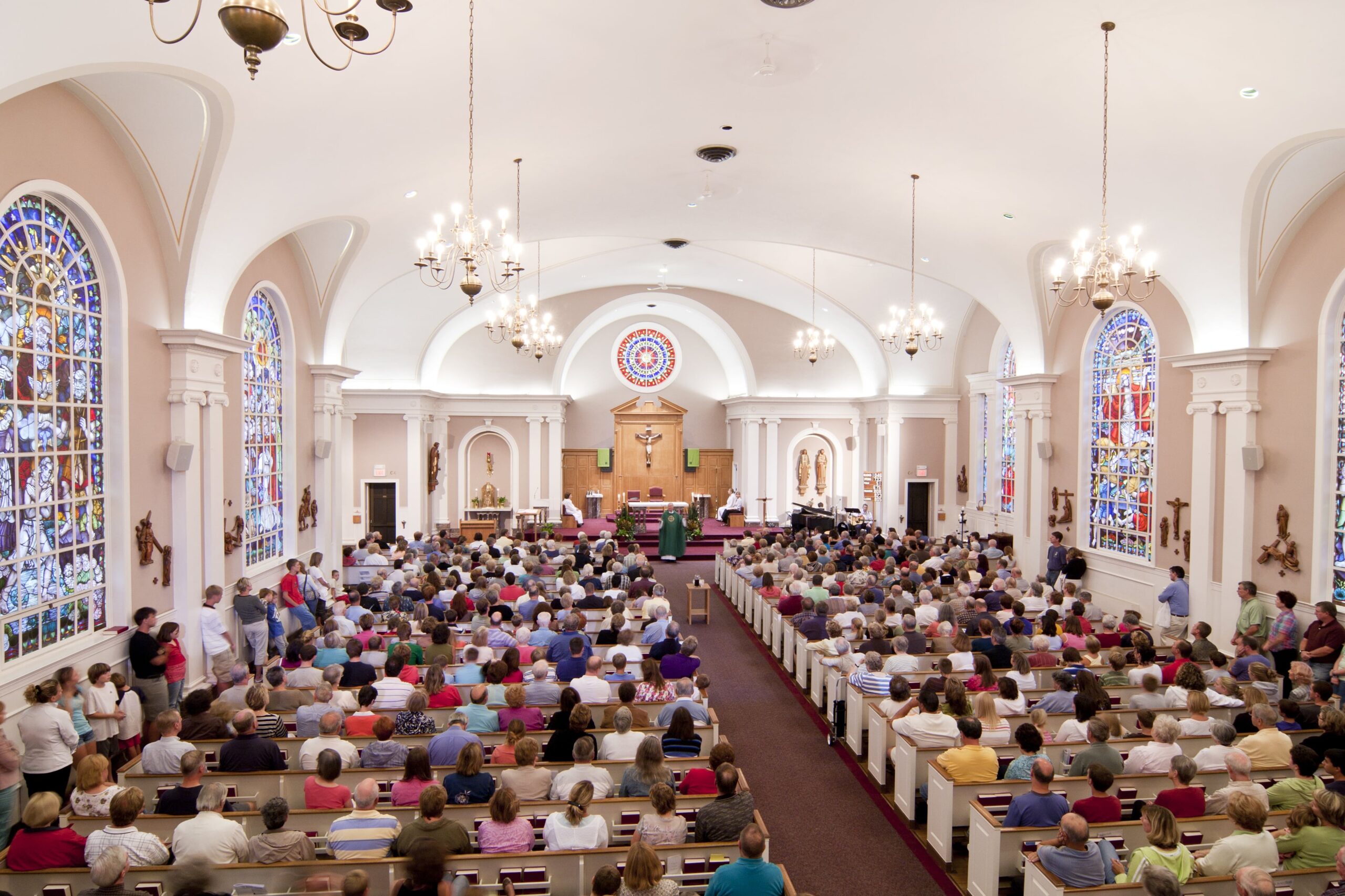If you were to ask me, “What are the duties of a church administrator?” I’d begin with this excerpt from Ministry Magazine, “I believe the premise that a pastor’s calling is the highest calling. But I also believe that God calls men and women to the high calling of administration to support His work. My prayer for you is that regardless of the call God has placed on your heart, you will discharge your duty with a passion worthy of that calling.” It’s pretty succinct on the importance of the position, so let’s unpack the most common church administrator duties (which, for the record, are far more than attending all staff meetings, taking notes, and managing supplies):
Most common church administrator duties
- Streamlining the organization and optimization of the church’s daily operations within a ChMS to minister to and support the congregation and surrounding community.
- Keeping church communications relevant and timely.
- Being meticulous about the security and accountability involved in recording the offering each week and how money is spent. This may include serving as a support role to the church secretary or treasurer in this capacity.
- Coordinating the church calendar.
- Maintaining the church’s membership database.
- Hiring other office personnel as needed.
- Networking with others.
- Developing policies. Church administrator roles include addressing issues and best practices that will guide or specify your church leadership’s position moving forward.
- Acting within the local and national laws and your church’s bylaws.
Uniques qualities
Identifying what are the qualities of a church administrator takes it a step further to find a solid match for your organization. Many will have similar skills, but a heart aligned with your ministry is what will set them apart.
- Caring about people is key- desiring that people come to Christ, become part of the community of believers, and grow in their faith.
“Carry each other’s burdens, and in this way, you will fulfill the law of Christ.”
– Galatians 6:2
- Being the hands and feet of the church by sharing their personal strengths and giftings.
“As each one has received a special gift, employ it in serving one another as good stewards of the manifold grace of God.” – 1 Peter 4:10
- Church administration can be a complex and challenging environment making goal setting with room for flexibility an essential combination.
“I try to please everyone in everything I do, not seeking my own advantage, but that of many, that they may be saved.” 1 Corinthians 10:33
- Supporting the pastoral staff’s vision and mission.
“Commit your works to the Lord, and your plans will be established.”
– Proverbs 16:3
Conclusion
I’d like to think of the church administrator as the behind-the-scenes but ever-present glue. They collaborate both with members of the clergy and the congregation to ensure that the church’s finances, communications, and events are all in order. This involves details, numbers, planning, coordinating, and many lists. Perhaps then the question is not “What does a church admin do?”, but rather “What don’t they?” After all, excellent church management is essential if you want to grow a healthy church.
Forrest started with ACST in 2015 and has held key roles across many departments working directly with our ministry partners. He is currently a Territory Account Manager. Forrest specializes in helping large churches use technology to meet their full potential in every aspect of their ministry. He has served in youth and children’s ministry staff roles at his church. Forrest is passionate about leading churches in meaningful change.




